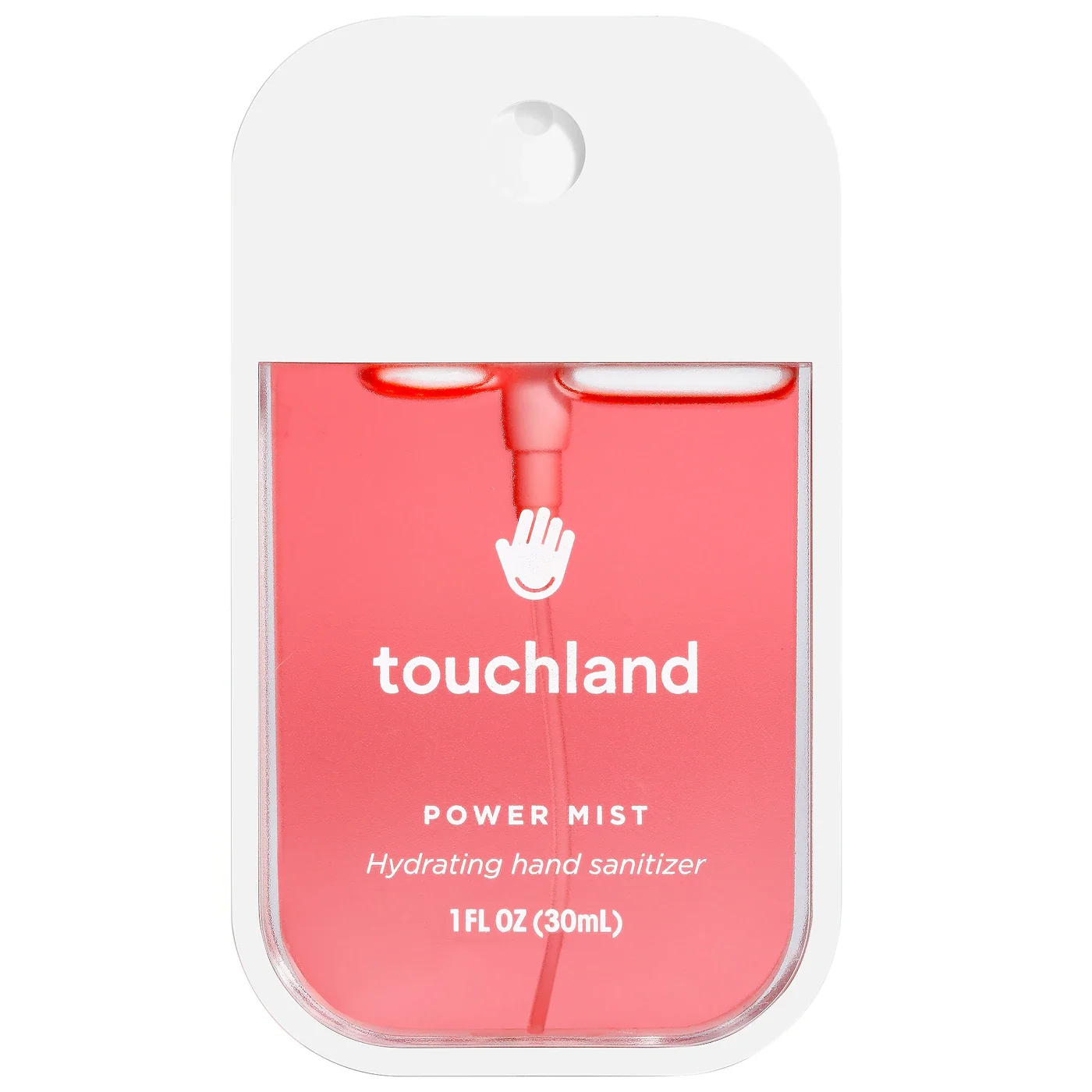
Of the five states that had a question on the ballot on whether to abolish slavery or not, one one state voted to reject the ban. But it’s not exactly what you think.
On Nov. 8, Alabama, Oregon, Tennessee and Vermont all voted to remove exemptions allowing slavery or involuntary servitude from their state constitutions in an effort to ban slavery entirely Associates Press reported.
The initiative on the ballot is a part of a larger criminal justice reform movement aimed at prison labor. In an attempt address the “loophole” in the 13th Amendment—which ended slavery and involuntary servitude when it was ratified in 1865—advocates push to officially abolish slavery and involuntary servitude as well as reshape the prison labor system. The loophole didn’t abolish slavery but merely made it invisible.
Alabama voters approved the removal of several Jim Crow-era sections of their constitution, including one that allowed for slavery as criminal punishment, one that barred interracial marriage and one that separated schools for white and Black students.
Vermont and Tennessee voters approved changes to their state’s constitutional language as well.
Not only did Oregon lawmakers propose removing such language from the state constitution, the state would add language that authorizes an Oregon court, or a probation or parole agency to order alternatives to incarceration for a convicted individual as part of their sentencing.
Louisiana, however, rejected a flawed version of the question.
Louisiana State Representative Edmond Jordan, who originally authored Amendment 7, said the re-worded ballot measure led to confusion for many voters as to whether they were voting for or against the exception.
Amendment 7, which in its original wording would have banned slavery and involuntary servitude, was watered down during the legislative process to the point that Congressmen Jordan didn’t even recognize it himself. He asked voters to reject the proposal.
Six out of every 10 Louisiana voters opposed an amendment to the state constitution that would prohibit slavery and involuntary servitude but allow forced labor as part of a criminal sentence.







In a statement to local news station WAFB, Jordan said “The way that the ballot language is stated is confusing. And the way that it was drafted, it could lead to multiple different conclusions or opinions. Because of the ambiguity of how it was drafted, I’m asking that people vote against it, so that we can go and clean it up with the intent of bringing it back next year and making sure that the language is clear and unambiguous.”
There are still more than a dozen states that include language permitting slavery and involuntary servitude for prisoners. Several other states make no mention of slavery or forced prison labour.






